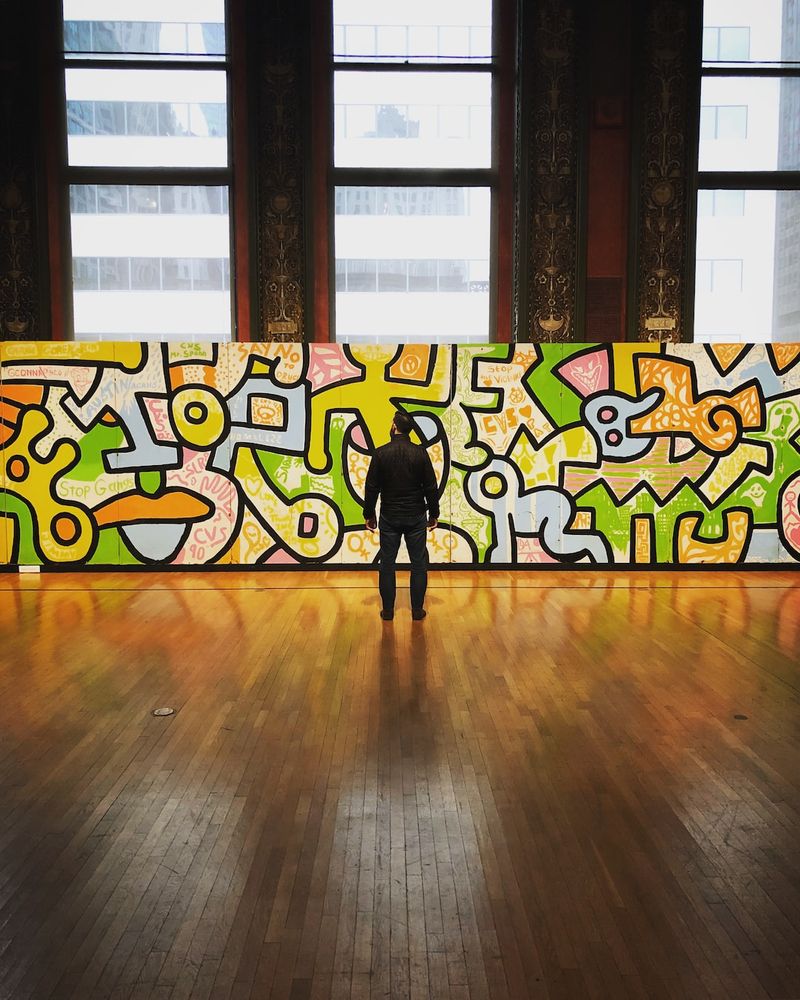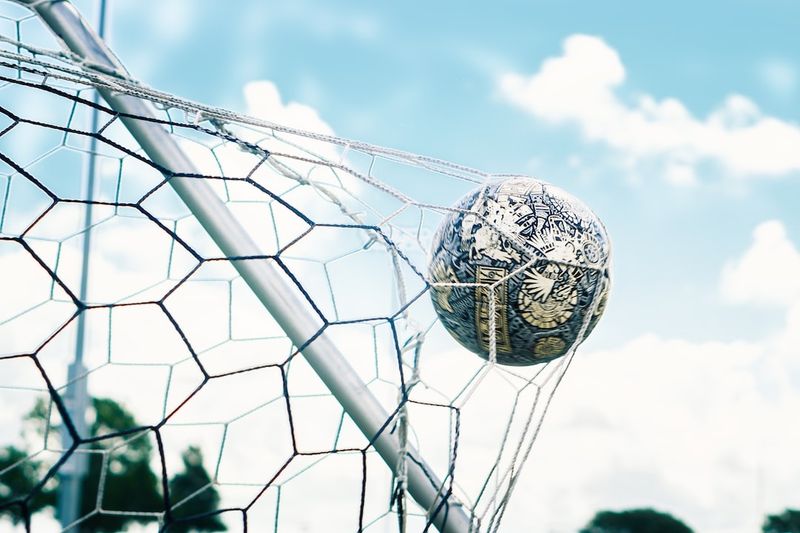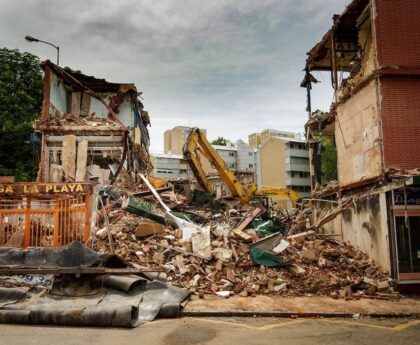Vladimir Putin Lectures African Leaders Seeking to Mediate Russia-Ukraine War
Russian President Vladimir Putin has interrupted opening remarks by African leaders seeking to mediate in the Ukraine conflict to deliver a list of reasons why he believed many of their proposals were misguided.
Russian President Vladimir Putin recently took center stage during a meeting with African leaders who were seeking to mediate the ongoing conflict between Russia and Ukraine. As the leaders gathered at the historic Konstantinovsky Palace in Russia, Putin took the opportunity to voice his concerns and challenge the assumptions of the African leaders’ plan.
The Complex Dynamics of the Ukraine Conflict
According to Putin, the conflict between Russia and Ukraine was initiated by Ukraine and the West long before Russia sent its armed forces into Ukraine in February of last year. Putin reiterated that Russia had never refused talks with Ukraine, but that negotiations had been blocked by Kyiv. These assertions by Putin reflect the deep divisions and complex dynamics involved in the ongoing conflict.
Africa‘s Stake in the Conflict
The mission of the African leaders to mediate in the Ukraine conflict holds particular importance for Africa, as it relies on food and fertilizer deliveries from both Russia and Ukraine. The war has impeded exports from one of the world’s most important breadbaskets, affecting Africa‘s food security and contributing to the rise in global food prices.
South African President Cyril Ramaphosa, highlighting the negative repercussions of the conflict on Africa, stated that “this conflict is affecting Africa negatively.” He emphasized the need to bring the conflict to an end through negotiations and diplomatic means.
Perspectives on the African Initiative
The African initiative includes a call for all children caught up in the conflict to be returned to their home countries. Putin, however, argued that Russia was not preventing any Ukrainian children from returning home and that they had been taken out of the conflict zone to save their lives.
President Ramaphosa laid out the 10 points of the African initiative, emphasizing the importance of dialogue and negotiations in resolving conflicts. Ukrainian President Volodymyr Zelenskyy, who met with the African leaders, expressed his skepticism about the delegation meeting Putin, stating that peace talks with Russia would only be possible after its forces withdrew from occupied Ukrainian territory.
The Need for Constructive Dialogue
Russia‘s position on the conflict
While Putin expressed Russia‘s openness to constructive dialogue with anyone willing to establish peace based on fairness and acknowledgement of the parties’ legitimate interests, it is worth noting that Russia has repeatedly emphasized the need to consider the “new realities” resulting from its annexation of five Ukrainian provinces. This stance reflects the complexities and challenges involved in finding a resolution to the conflict.
Insights and Recommendations
The meeting between Putin and the African leaders highlights the complexities and divergent perspectives surrounding the Russia-Ukraine conflict. Mediation efforts must take into account the underlying political dynamics, historical context, and regional interests to effectively contribute to a peaceful resolution.
To make progress, all parties involved must demonstrate a genuine commitment to dialogue, negotiation, and compromise. African leaders, who have experience in managing conflicts and have successfully resolved them through dialogue, can play a crucial role in facilitating communication between Russia and Ukraine.
Moreover, the international community must continue to engage in diplomatic efforts to end the conflict and alleviate its impact on food security and the global economy. This includes supporting initiatives that promote peace, stability, and the well-being of the affected populations.
In conclusion, the role of African leaders in mediating the Russia-Ukraine conflict is both significant and complex. As negotiations continue, it is imperative that all stakeholders remain committed to finding a peaceful resolution that takes into account the legitimate interests of all parties involved. Only through constructive dialogue and compromise can a lasting peace be achieved in the region.

<< photo by Una Laurencic >>
The image is for illustrative purposes only and does not depict the actual situation.
You might want to read !
- Revisiting the Creek: Annie Murphy Open to a ‘Schitt’s Creek’ Reunion
- Ripple Rides High: Unsealed Hinman Materials Expose XRP Woes
- Is BTS’ Jungkook Set to Drop His Solo Album this July?
- “Bublémania Down Under: Michael Bublé Thrills Melbourne with Outstanding Performance”
- “Ashes Awakening: The Intensifying Challenge for Australian Cricket”
- “The Resilient Rise of Steve Smith: A Fierce Threat to England’s Bowling Attack”
- “High Stakes Showdown: Tim Tszyu vs. Carlos Ocampo Set to Ignite the Ring Tonight”
- “Juggernaut Tigers Send Terrifying Message to Rivals on Champion’s Milestone”
- “The Evolution of AFL: Reflecting on the Impact of a Legendary Player”




